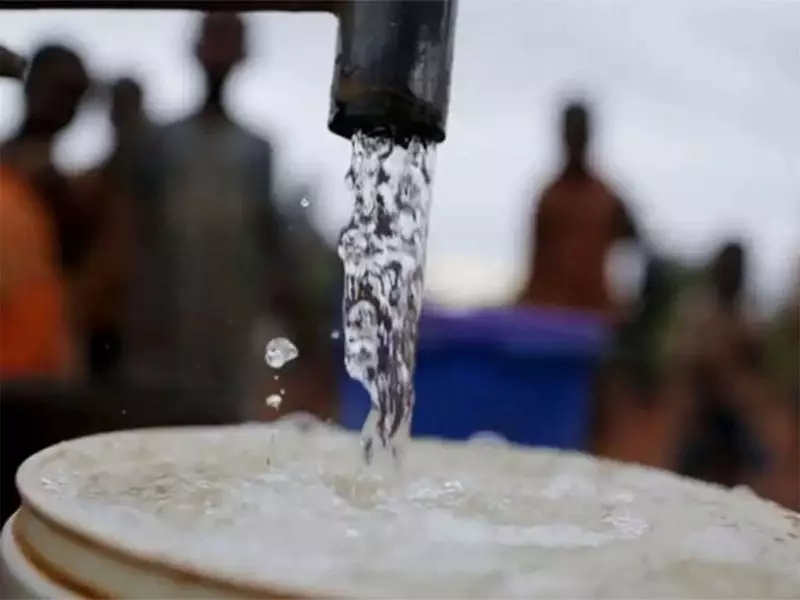
Karachi, Pakistan's largest city, is grappling with a severe water crisis following a massive power breakdown at the Dhabeji grid station that has disrupted the city's main water supply system. The electricity failure has forced the Karachi Water and Sewerage Board (KWSB) to halt operations at its key pumping station, leaving millions of residents facing acute water shortages.
Power Failure Halts Water Supply Operations
The crisis began when a major fault occurred at the Dhabeji grid station, which supplies electricity to the KWSB's crucial Dhabeji pumping station. This facility is responsible for pumping approximately 550 million gallons of water daily from the Indus River to Karachi through the Keenjhar Lake system. Without power, the pumping operations came to a complete standstill, effectively cutting off the city's primary water source.
KWSB officials confirmed that the power breakdown occurred due to technical faults in K-Electric's transmission system. The water utility has been working around the clock to restore partial operations using backup generators, but these can only provide limited capacity compared to the massive requirements of the main pumping system.
Immediate Impact on Karachi Residents
The water shortage has affected numerous areas across Karachi, with residents reporting dry taps and dwindling water reserves. The situation is particularly critical in high-density residential areas and commercial districts where water demand is highest. Many households have been forced to rely on water tankers, whose prices have surged due to increased demand.
KWSB Managing Director Syed Salahuddin Ahmed expressed serious concerns about the situation, stating that the board is making every effort to minimize the impact on citizens. However, he emphasized that complete restoration depends on K-Electric resolving the power issues at the Dhabeji grid station.
The timing of this crisis couldn't be worse, as Karachi is experiencing rising temperatures that typically increase water consumption. Hospitals, schools, and businesses have all been affected by the unreliable water supply, raising concerns about public health and economic activity.
Broader Implications for Urban Infrastructure
This incident highlights the fragile state of Pakistan's urban infrastructure and the interconnected nature of essential services. The dependency of water supply systems on consistent electricity exposes cities to cascading failures when power systems malfunction.
Similar power-related water disruptions have occurred in the past, raising questions about the resilience of critical infrastructure. Experts suggest that investing in redundant power systems and alternative energy sources for water pumping stations could prevent such crises in the future.
As repair teams work to restore normal operations, Karachi residents face uncertainty about when their water supply will return to normal. The situation serves as a stark reminder of the challenges facing rapidly growing urban centers in developing countries and the urgent need for infrastructure modernization.






